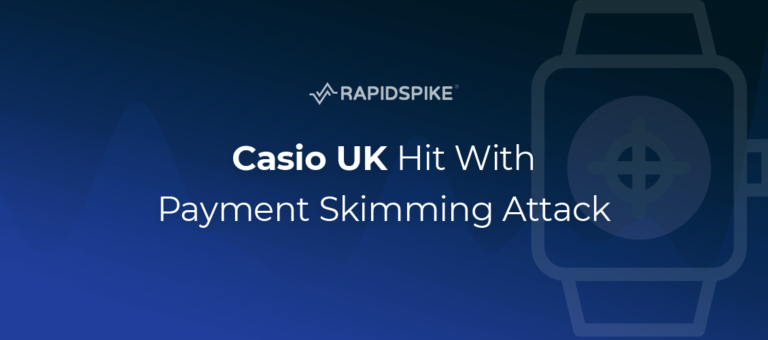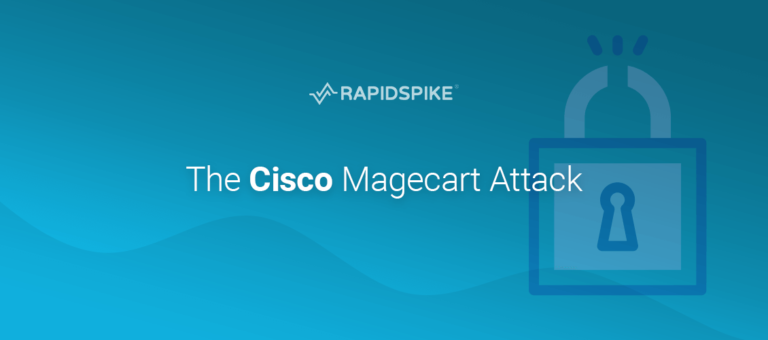Cyberattacks against ecommerce businesses are accelerating, and recent incidents show just how many different angles attackers are exploiting. Whether it’s phishing campaigns, third-party data breaches, or malware injections, ecommerce stores are a prime target.
Here are three recent incidents making headlines, and what they mean for ecommerce operators.
1. Stripe Phishing Scams
Stripe has warned merchants and customers about a surge in phishing campaigns. Attackers are sending fake emails and texts, often claiming urgent account issues, that lead to spoofed Stripe login pages. Once credentials are entered, the attackers can access funds or hijack payment gateways.
Even if your systems are secure, a single employee duped by a phishing email can compromise payment accounts. Merchants should train staff to:
- Verify that Stripe emails only come from @stripe.com domains.
- Double-check URLs before logging in.
- Use two-factor authentication on all Stripe accounts.
2. Pandora’s Third-Party Data Breach
Jewelry brand Pandora confirmed a data breach that exposed customer names and email addresses. The breach was traced to a third-party vendor, not Pandora’s own servers.
This incident highlights one of the biggest risks in ecommerce today, vendor and integration security. Even if you lock down your own environment, customer data may be exposed through a plugin, CRM, or other third-party tool. Ecommerce owners should:
- Audit third-party services regularly.
- Get alerts when a new third-party is added.
- Limit the customer data they share with external platforms.
3. OpenCart Malware Campaign
Security researchers uncovered a large-scale attack targeting OpenCart stores. Thousands of sites were infected with obfuscated JavaScript posing as analytics tags. The malware replaced checkout forms with fraudulent versions, silently stealing customers’ credit card details.
This is a classic web-skimming attack, and one of the most damaging to customer trust. Once word spreads that a store has leaked payment data, the reputational fallout can be catastrophic. Merchants should:
- Keep ecommerce platforms and plugins patched.
- Monitor checkout pages for unauthorised code.
- Use tools that validate third-party scripts in real time.
Why Ecommerce Stores Are Being Targeted
- Attackers follow the money: Checkout pages and customer data are prime targets.
- Third-party risk is rising: Many breaches now start with vendors, not merchants directly.
- Phishing is effective: Even security-minded staff can be tricked by convincing emails.
- Malware is stealthy: Campaigns like the OpenCart attack are designed to evade detection for months.
Stay Vigilant with CartShark
CartShark by RapidSpike helps ecommerce businesses monitor their scripts and third-party integrations, giving merchants better visibility into hidden risks. CartShark adds a vital layer of defense in an increasingly hostile threat landscape.
Attackers aren’t slowing down, the time to act is now. Protect your store, your customers, and your reputation, make vigilance part of your ecommerce strategy today.






